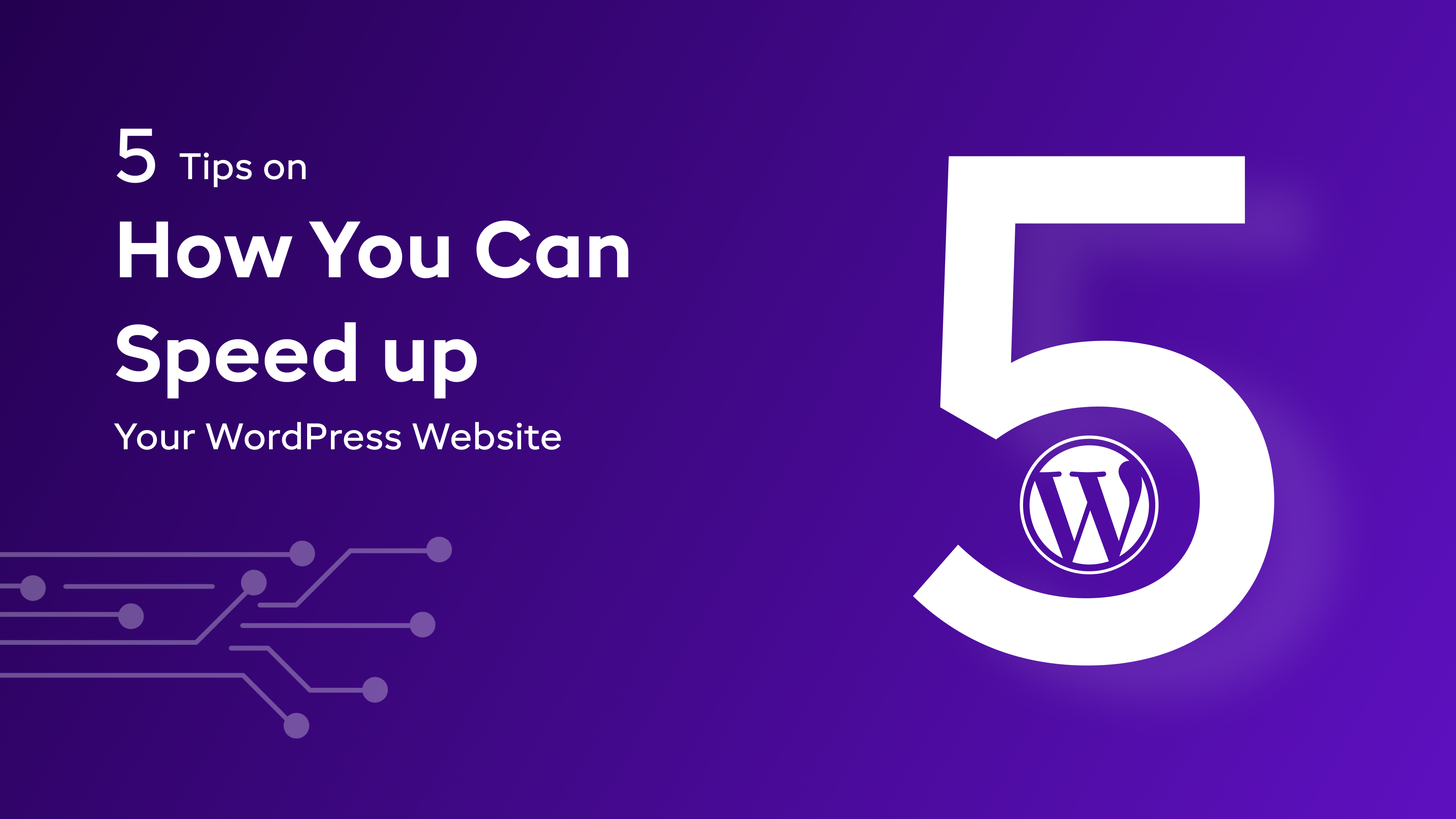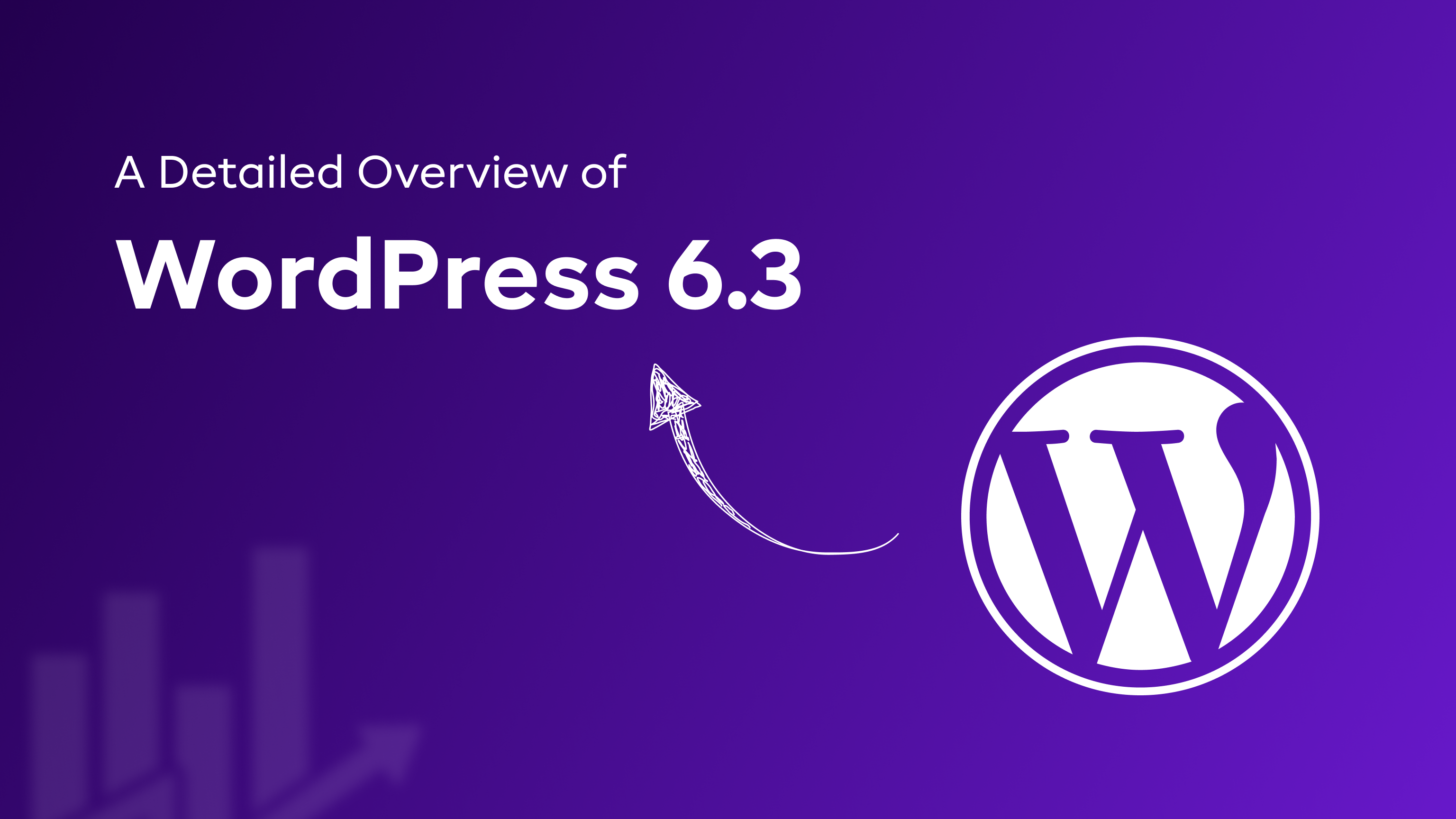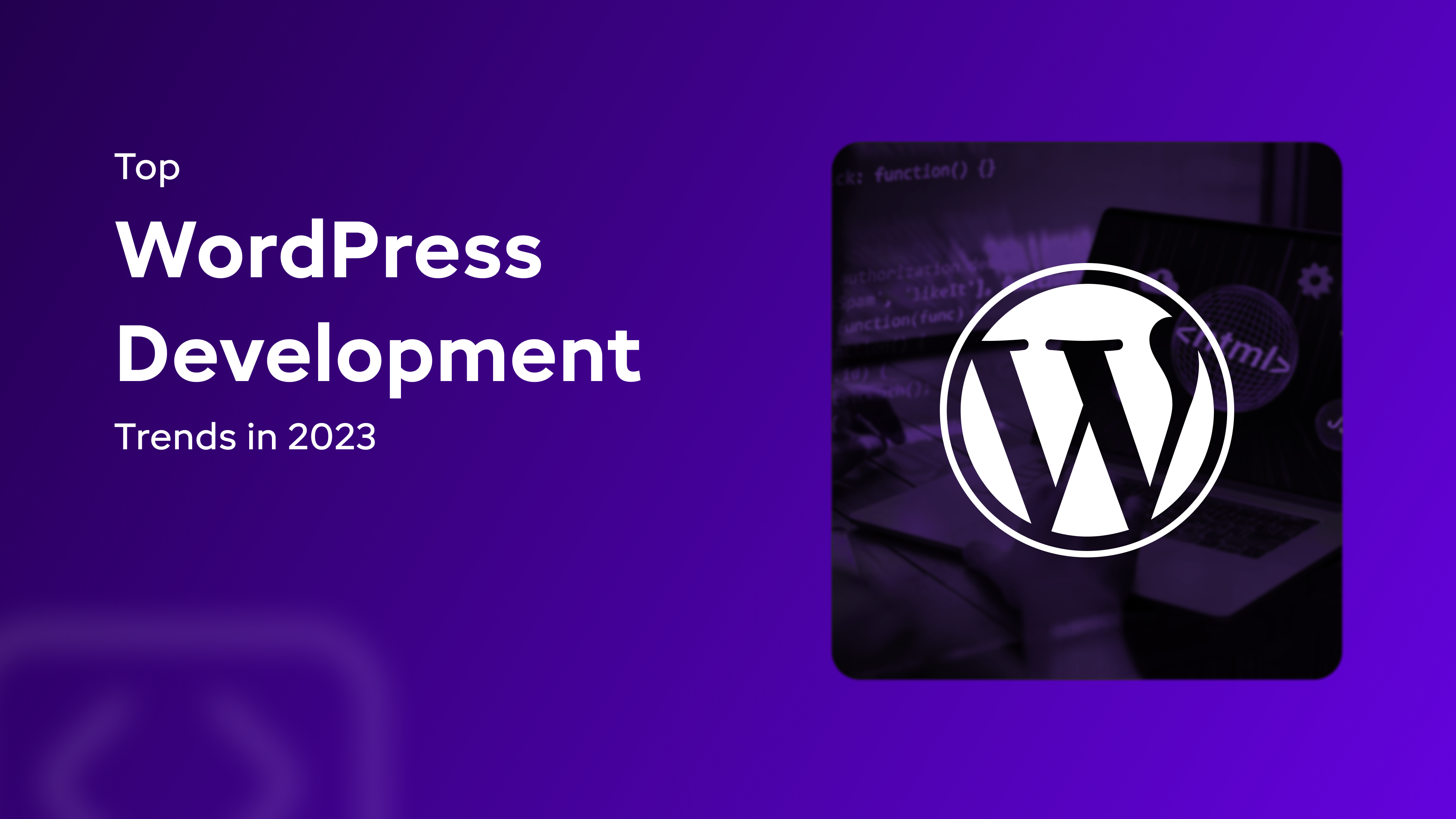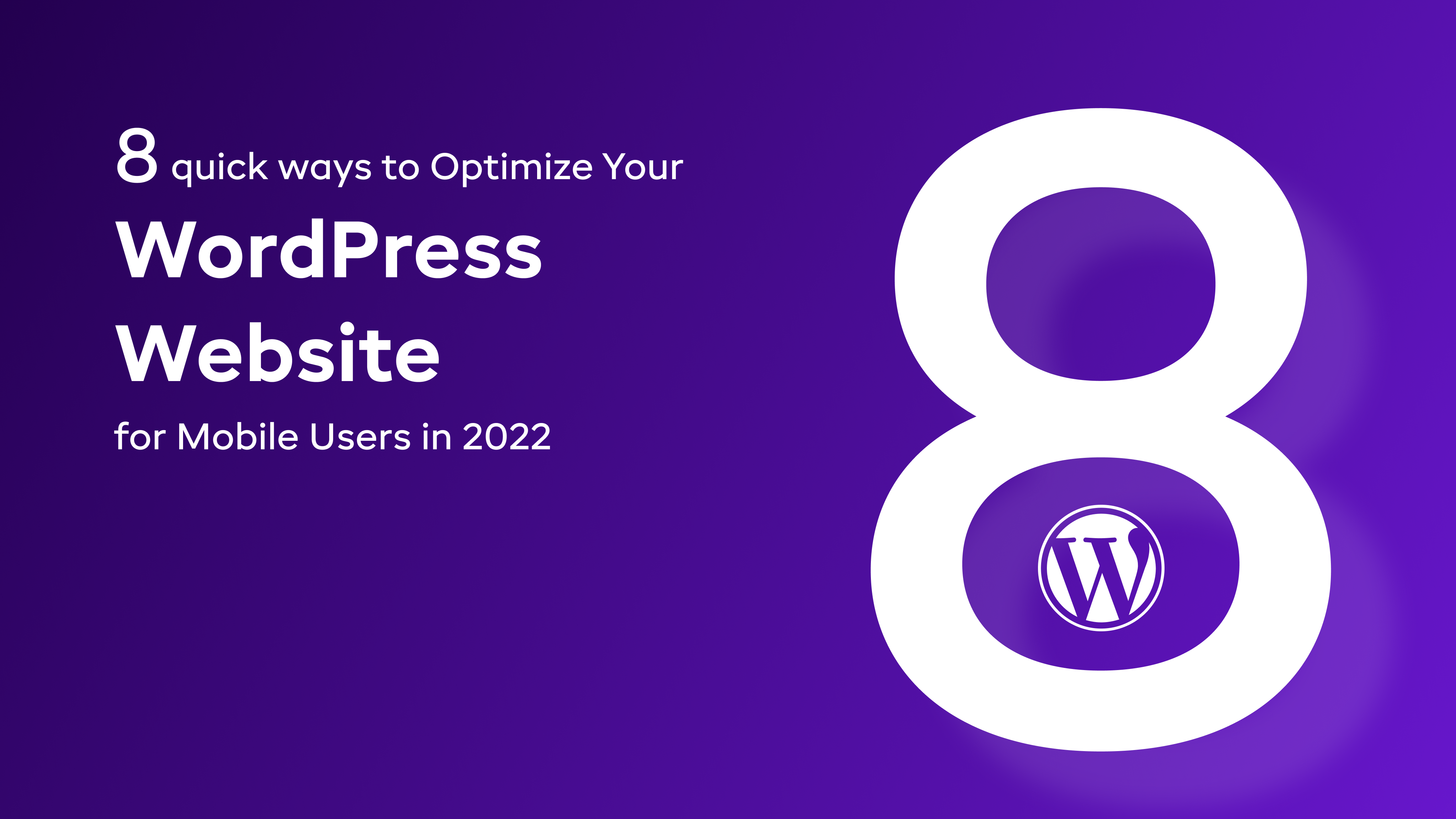5 Tips on How You Can Speed up Your WordPress Website
Published on February 3rd 2022

WordPress website speed
A fast-loading website is a must for a successful business. A fast-loading website helps with user experience and SEO, but it is also important for the bottom line. It is estimated that every second counts and a one-second delay in WordPress website speed could mean a 7% reduction in conversions.
This is the age of content marketing. Every marketer wants to drive their business by creating high-quality content that can be shared and liked. However, the process of creating quality content is not as simple as it looks. It takes a lot of time and effort to put together a blog that is good enough to be shared on different platforms. If you are looking for a WordPress website to speed up the process of creating your blog and make it easier for you to create content then here are 5 tips that you can follow.
Choose a good web hosting provider

There are many factors that go into choosing the best web hosting for your website. For instance, you will want to consider the size and type of your website, how many visitors you get, and how many clients you have. These will all play a role in what kind of hosting you need.
Shared hosting is the most inexpensive option. It is most commonly used by small businesses and individuals because it's budget-friendly. However, if you have a large amount of website traffic, you may have trouble with lag and speed if you don't purchase a dedicated server. Cloud hosting is a good middle ground if you have a large amount of traffic but still want to save money.
VPS hosting is a more expensive option, but you receive more server storage and a more secure website than shared hosting. Dedicated server hosting is a good option if you have a large website because you have the most control over the server. It is usually reserved for businesses with larger budgets. However, it is very costly.
Use a Content Delivery Network (CDN)

With high-speed internet, it's easy to forget that even if the web page is being served from a data center in San Francisco, California – it still has to be retrieved from across the world. And often this distance alone can sometimes adversely affect webpage load times! We've noticed that many Internet Service Providers (ISPs) limit the bandwidth for their customers. Typically this means most Internet users don't get the bandwidth they're paying for!
By using a Content Delivery Network (CDN) like Cloudflare CDN, you can serve your assets and offload your application instances by using an edge network proximal to your users. This effectively reduces total requests made, consequently improving WordPress performance since fewer resources are needed to carry out any given transaction on your site.
Optimize images

Bad website speed can often be attributed to a number of elements and sometimes it takes the expertise of an expert to truly pin down the source of the problem. However, high-quality images that have been optimized according to certain standards and guidelines can also contribute a lot towards improving page load time.
In fact, WordPress image compression plugins are easy to use, although they may require some research or trial and error in order to achieve optimal performance from them and once you do find one that helps reduce the size of your files while ensuring they look as good as they originally did, you should stick with it because it will be worth all the effort you put into finding it.
Minify CSS, HTML and JavaScript
One way to help make WordPress website speed load faster is by using minification. Minification is the process of removing all those unnecessary spaces and comments from HTML, CSS, and JS files before transferring them to the web browser. The result is you still have the exact same function of your HTML, CSS, and JS code without having to worry about something taking up a lot of space in terms of megabytes on your website.
By doing so it would be more efficient to manage your visitors on your site since they would benefit from easier browsing as well as much faster loading times. For example, by minifying, you could make it so that your CSS could fit into a single line of code! This leaves no room for error or confusion, so your website would load faster for everyone to enjoy!
By using minified files, not only will you be able to have responsive designs for all users, but you'll also be able to make your site load faster, ultimately benefiting your users. It can be a bit tricky to make the transition at first, but once you get the hang of it, it's second nature. If you need the help of someone else to do it for you, there are plenty of reputable companies out there that you can use!
Want to start a project with us?
Empowering businesses to achieve greatness through strategic guidance and innovative solutions.
Conclusion
We hope you enjoyed our article on how to speed up WordPress website speed. We know there’s a lot of information to process in this blog, so we have tried to make it as digestible as possible for you. Uncanny Team has tried to give you the meaty information you need to know and separate it from the fluff. We hope you enjoy it and take away some great information from it!

About Author


